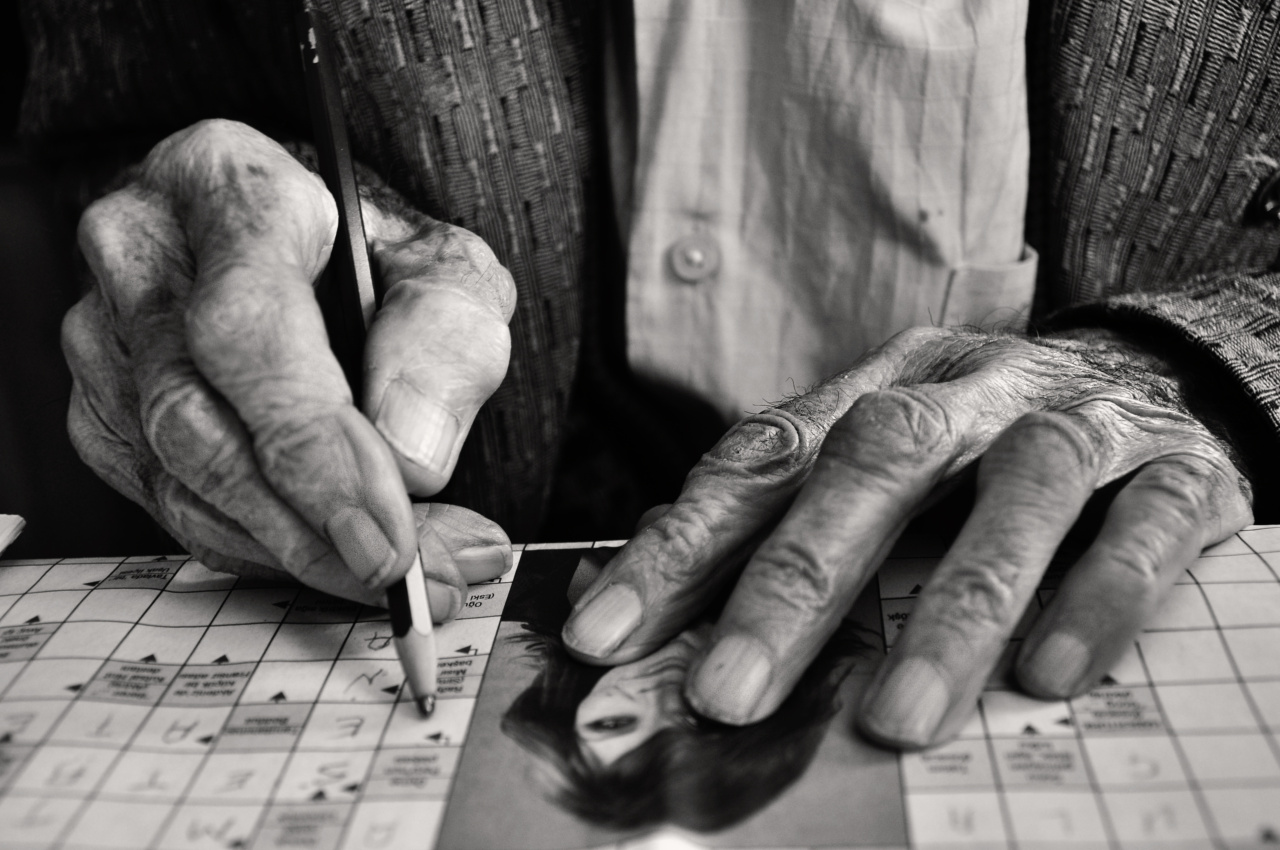As we age, concerns about maintaining cognitive function and preventing dementia become increasingly important. One popular activity that has often been associated with brain health is solving crosswords.
Many people believe that engaging in regular crossword puzzles can help stave off cognitive decline and reduce the risk of developing conditions such as dementia. But is there any scientific evidence to support this claim? In this article, we delve into the research to determine if there is indeed a link between solving crosswords and a reduced risk of dementia.
What is Dementia?
Dementia is a broad term used to describe a decline in cognitive ability severe enough to interfere with daily life.
It is not a specific disease but rather a syndrome characterized by a combination of symptoms such as memory loss, impaired judgment, difficulties with language and communication, and changes in personality and behavior. Alzheimer’s disease, vascular dementia, and Lewy body dementia are among the most common types of dementia.
The Benefits of Mental Stimulation
Engaging in mentally stimulating activities is widely known to be beneficial for brain health. Such activities include reading, learning a new language, playing musical instruments, and, of course, solving puzzles like crosswords.
Mental stimulation helps keep the brain active and may promote the formation of new connections between nerve cells, also known as neurons.
Studies suggest that individuals who regularly participate in mentally stimulating activities may experience a slower rate of cognitive decline compared to those who do not engage in such activities..
The Crossword Connection
Several studies have explored the potential link between solving crosswords and a reduced risk of dementia.
One well-known study conducted in 2013 by researchers at the University of Exeter in the United Kingdom found that individuals who frequently engage in word puzzles have a direct relationship with better cognitive function, particularly in attention, reasoning, and memory.
In another study published in the Archives of Neurology, researchers followed a group of elderly individuals without dementia for four and a half years.
The participants were asked how often they participated in various mentally stimulating activities, including puzzles like crosswords. The study found that those who engaged in these activities at least once a week had a significantly lower risk of developing dementia compared to those who did not.
But is It the Crosswords Themselves?
While the studies mentioned above suggest a possible link between solving crosswords and a reduced risk of dementia, it is important to consider other factors that could contribute to the observed benefits.
For example, individuals who regularly solve crosswords may also engage in other mentally stimulating activities, leading to cumulative benefits for their brain health. Additionally, those who enjoy crossword puzzles may also possess certain personality traits or habits that contribute to a lower risk of dementia.
It is crucial to conduct further research to determine if the act of solving crosswords itself directly influences brain health or if other factors are at play.
The Importance of a Well-Rounded Approach
While solving crosswords may offer some benefits for brain health, it is essential to adopt a holistic approach to reduce the risk of dementia.
Engaging in a variety of mentally stimulating activities, maintaining a healthy lifestyle, managing chronic conditions such as hypertension and diabetes, getting enough sleep, and socializing with others are all crucial components for preserving cognitive function and preventing dementia.
Remember, no one activity alone can guarantee protection against dementia. It is the combination of various lifestyle choices and habits that may lead to the overall reduction in risk..
Conclusion
Although the evidence linking the regular solving of crosswords to a reduced risk of dementia is not definitive, many studies suggest a positive association between mental stimulation and cognitive health.
Engaging in mentally stimulating activities, including crosswords, may contribute to a slower rate of cognitive decline and a potentially reduced risk of developing dementia.
However, it is crucial to approach brain health holistically and combine various activities and lifestyle choices to maximize the potential benefits.
Further research is needed to determine the exact relationship between solving crosswords and dementia risk, as well as to explore other potential factors that may contribute to cognitive decline.





























